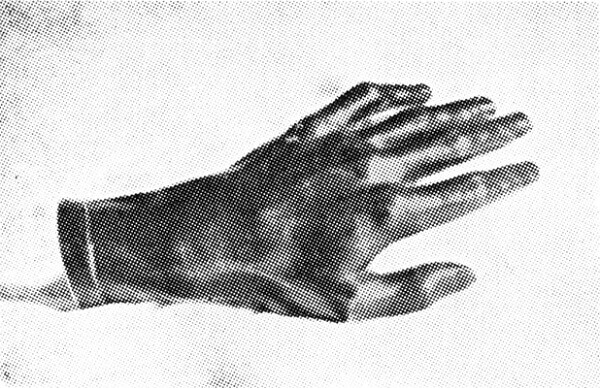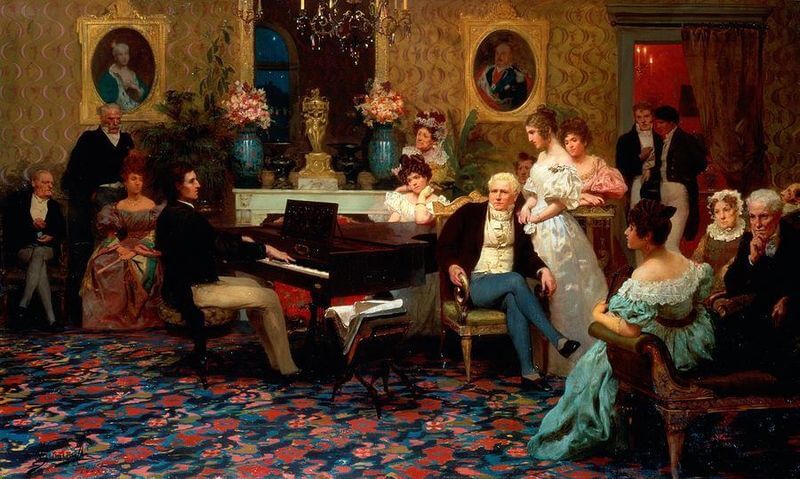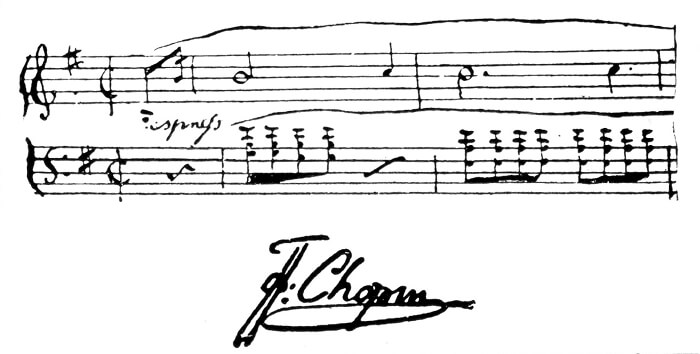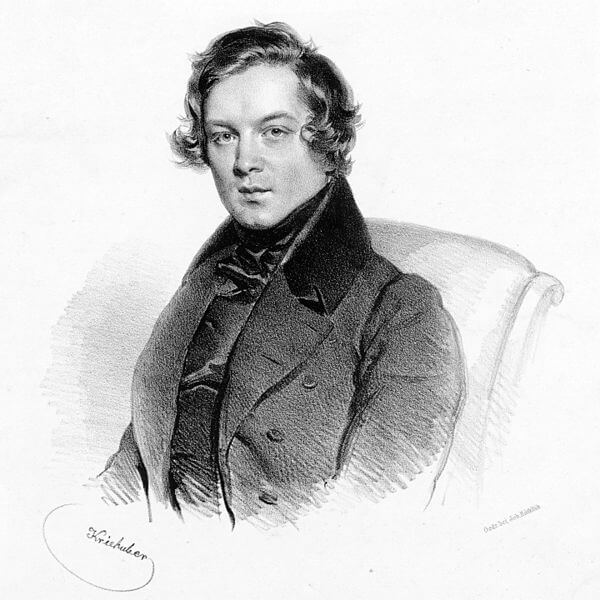Activity 1: Recite the Composition Information
- Recite the name of the composer and the composition.
Activity 2: Study the Music Timeline
Examine the music timeline to answer the following questions.
- What is the year of birth of the lesson composer?
- What is the year of death of the featured composer?
- How old was the composer upon death?
- Which composer (if any) directly precedes the studied composer by date of birth?
- Which composer (if any) directly succeeds the lesson composer by date of birth?
- Which other timeline composers were alive at the same time as the studied composer?
Activity 3: Map the Music
- Frédéric Chopin lived in Paris, France.
- What is the capital of France?
- Which countries border France?
Activity 4: Write a One-Page Paper About Frédéric François Chopin
Read these facts about Frédéric François Chopin and write a one-page story out of them, using your own words.
- Frédéric François Chopin was born in Poland.
- His birthday was March 1, 1809.
- He spent most of his life in the two cities of Warsaw and Paris.
- His father was French; his mother Polish.
- At the age of nine he made his first public appearance as a pianist.
- Many distinguished people welcomed him to Paris.
- Among them were Liszt, Berlioz, Meyerbeer, and Heine.
- His first weeks in Paris were discouraging. His first concert poorly attended.
- This tempted him to return to Poland.
- But his friends urged him to remain in Paris.
- Finally success came.
- Chopin was described as one who spoke little, especially among strangers.
- Some of the music forms which he wrote are the nocturne, waltz, mazurka, impromptu, concerto, polonaise, etude.
- Schumann was one of the first to declare Chopin a genius.
- Chopin worked hard all his life.
- But in his last years he suffered from ill-health.
- Like Milton, Beethoven, Stevenson and Grieg, he kept on with his work, in spite of his illness.
- Chopin once went to England and Scotland.
- Chopin was very fond of Bach and urged his pupils to practice Bach pieces every day for the mental drill as well as the drill for the fingers.
 12 Tremendous Composers
12 Composers
12 Tremendous Composers
12 Composers

 12 Tremendous Composers
12 Composers
12 Tremendous Composers
12 Composers






